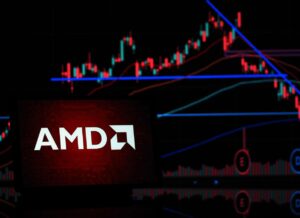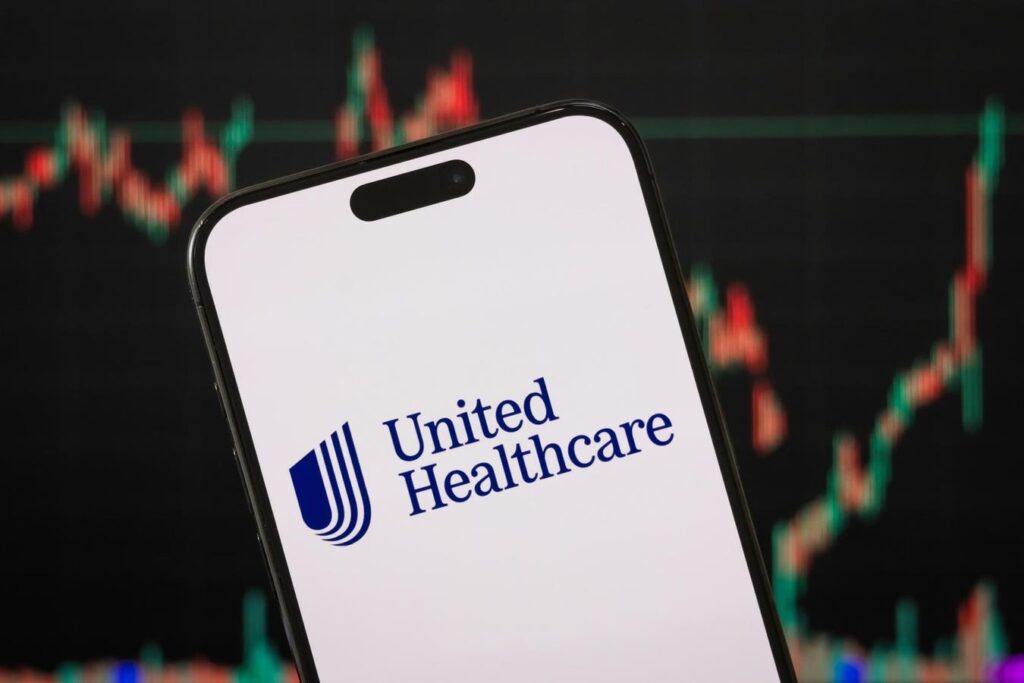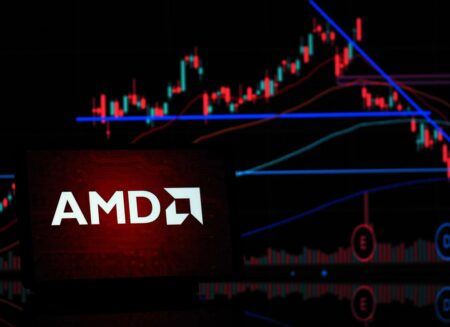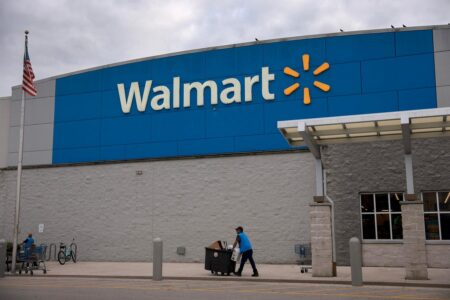Once a stalwart of healthcare investing, UnitedHealth Group (NYSE: UNH) has recently experienced a significant downturn. Its rapid stock price decline has led many investors to now view it as a “falling knife,” a term for an asset in sharp decline that carries the risk of further losses for those who try to buy it. This erosion of investor confidence and the subsequent drop in stock price can be attributed to a confluence of significant challenges facing the healthcare giant.
UnitedHealth Group has witnessed an unprecedented collapse, with its stock shedding over 50% of its value in just one month or so. This dramatic decline represents a staggering loss of market capitalization for what was previously one of America’s most stable blue-chip companies. Separately, see – What’s Happening With CoreWeave Stock?
Rising Medical Costs Squeezing Margins
The increasing cost of medical care has significantly squeezed UnitedHealth Group’s profit margins, serving as a major factor in its recent decline. Following the pandemic, the company has seen a greater-than-anticipated surge in healthcare utilization as patients seek delayed procedures and treatments. Consequently, UnitedHealth has faced challenges in effectively managing these rising medical expenses.
This pressure is evident in the company’s Medical Benefits Ratio (MBR), which represents the proportion of premium revenue allocated to covering medical claims. UnitedHealth’s MBR rose substantially to 85.5% in 2024 from 82% in 2022. This 350 basis points rise directly diminishes the company’s profitability and weakens the perception of strong cost management.
Leadership Crisis
Compounding the challenges of rising medical costs, UnitedHealth Group recently faced an unexpected leadership shift with the sudden departure of CEO Andrew Witty. This transition has heightened investor anxiety, particularly as it occurs during a period of significant operational strain for the company.
While UnitedHealth Group has activated its succession plan, bringing back Stephen Hemsley, who previously served as CEO from 2006 to 2017 and has been with the company since 1997, the market reaction has been negative. Investors seem uneasy about the timing of Witty’s departure and are questioning whether Hemsley’s return indicates more profound issues that necessitate experienced leadership. Even with a seasoned executive stepping in, leadership changes during times of operational difficulty invariably introduce greater uncertainty from the market’s perspective.
Withdrawn Guidance Signals Deeper Problems
Perhaps the most telling sign of UnitedHealth Group’s difficulties was its recent unusual decision to withdraw its financial outlook for the entire year. This uncommon action from a company typically recognized for its cautious yet dependable guidance has deeply unsettled investors.
By retracting its full-year projections, UnitedHealth has essentially signaled a lack of clarity regarding its own financial future. This admission is concerning, as it suggests that the company’s management may not fully grasp the scope of the current challenges or have a clear timeline for their resolution.
Criminal Investigation Becomes the Final Blow
The most devastating development came recently, with The Wall Street Journal reporting that UnitedHealth is now under criminal investigation for possible Medicare fraud. According to sources familiar with the probe, federal authorities are examining whether the company’s Medicare Advantage business manipulated patient diagnoses to inflate government payments.
This investigation threatens not only significant financial penalties but potentially existential damage to UnitedHealth’s relationship with its largest customer – the federal government. Medicare Advantage represents a substantial and growing portion of UnitedHealth’s business, making this probe particularly consequential for the company’s future.
Valuation: Attractive Numbers, Unattractive Risks
While UnitedHealth Group’s current valuation metrics might appear appealing to investors seeking undervalued opportunities, a closer look reveals underlying risks. Following its significant stock decline, the company’s price-to-sales ratio of 0.7 times its trailing revenues is substantially lower than its five-year average of 1.4 times. Similarly, its price-to-earnings ratio has fallen to levels not witnessed in over a decade.
However, these low figures don’t quite look attractive due to the significant uncertainty surrounding the company’s future. After all, conventional valuation methods may not adequately factor in potential financial repercussions from a federal criminal investigation or the full extent and duration of UnitedHealth’s operational difficulties.
Should you buy or sell UnitedHealth Group (UNH) stock?
Is UNH Worth the Risk?
For investors contemplating buying shares of the significantly declining UnitedHealth Group, the crucial consideration is not simply the stock’s lower price, but whether the company’s fundamental problems are fully accounted for in its current valuation.
The convergence of operational difficulties, leadership uncertainty, and regulatory examination creates a complex and hard-to-measure risk landscape. Although some investors who go against the prevailing market trend might see a buying opportunity in UnitedHealth’s sharp stock drop, the ongoing stream of negative news indicates that the stock’s decline might not have reached its lowest point yet.
Until there is more transparency regarding the Medicare fraud investigation and clear signs that rising medical costs are leveling off, UnitedHealth remains a high-risk investment – a far cry from the dependable healthcare leader it once was. For the majority of investors, especially those with a lower appetite for risk, observing this “falling knife” from a safe distance until the company shows it has regained control of its situation and its operations may be the most sensible strategy, in our view.
While UNH stock continues to spiral downwards, investors can explore other strategies, such as the Trefis High Quality (HQ) Portfolio, with a collection of 30 stocks, has a track record of comfortably outperforming the S&P 500 over the last 4-year period. Why is that? As a group, HQ Portfolio stocks provided better returns with less risk versus the benchmark index; less of a roller-coaster ride, as evident in HQ Portfolio performance metrics.
Read the full article here
















